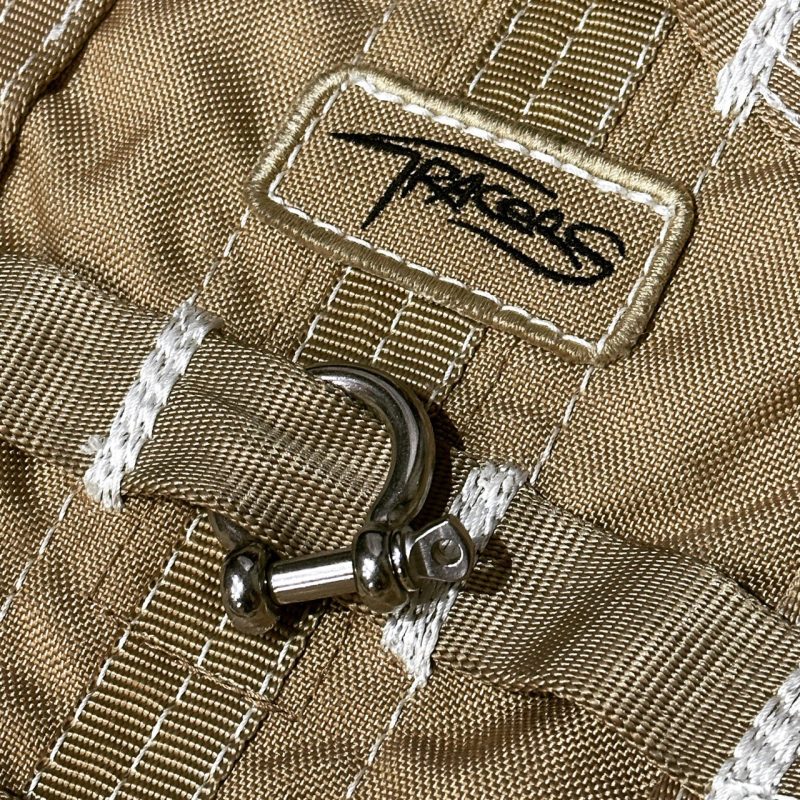“Deadman” stunt impact
The point of the test was to measure loads which can be achieved during the stunt called “deadman”. This stunt helps performer to simulate the behavior after being hit by a bullet or a punch.
“Deadman” for this test was performed in two ways: on the run and on the run with jump in the end. Each was done at least 5 times trying to get maximum possible load.
Rope we used for this test was Dyneema 6mm without any shock absorbing devices. Rope was attached to the back point of the stunt harness with 6mm stainless steel marine shackle.
Test was done with professional stunt performer – trained athlete who knows exactly how he should act during such an impact.
First test was made several times and maximum load we achieved was about 5kN.
Second test was also done several times with maximum result of around 4kN. This shows that jump reduces impact on the harness during deadman stunt.
This doesn’t mean that harness is as strong as brand new. You should keep in mind that any dynamic load lead to stress for the material. Inspect your harness after each dynamic load (fall factor 1 or more in case of fall or any load above 6kN with ratchet, winch etc) applied.
In case of high shock load prepare backup point to guarantee safety of the performer. Refer to harness manual for tech specs.
Stunt performer: Artem Yudin
Location: Vento IRATA center (Moscow, Russia)


